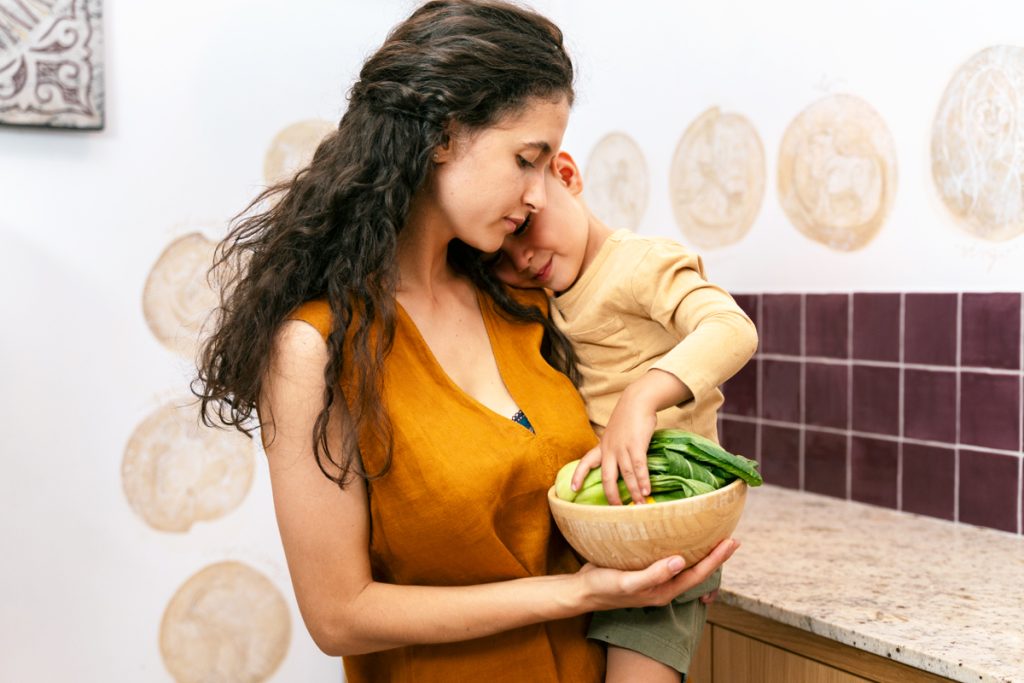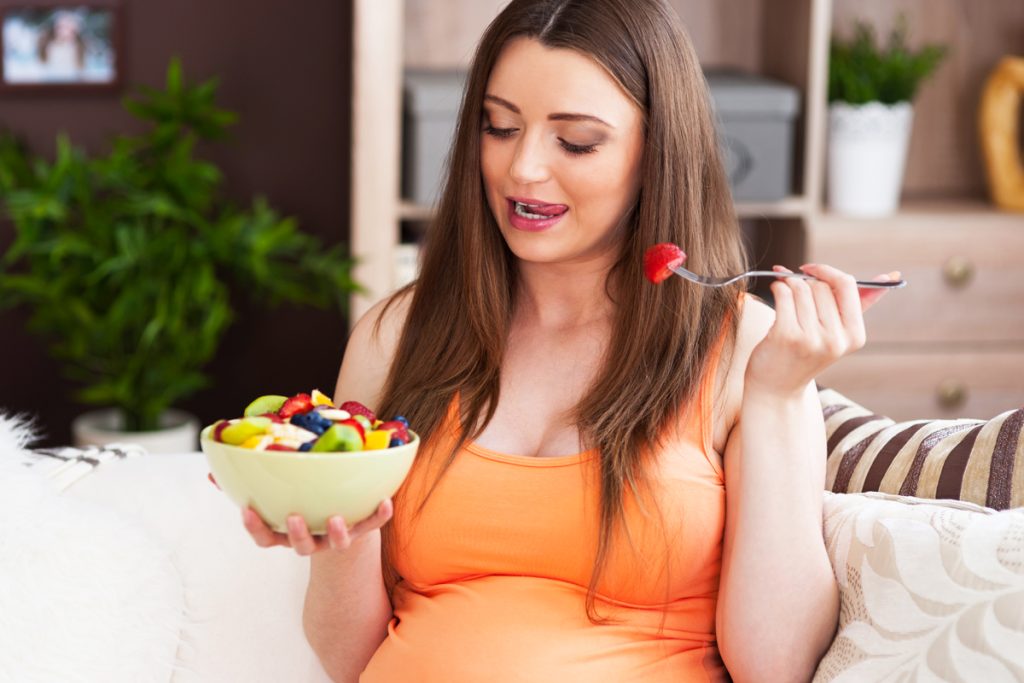

Amid a labour and delivery plan, what have you thought about post-delivery diet and exercise plans? Yes, we know, the next day after giving birth, you wouldn’t assemble in the gym with dumbbells, but there must be some sort of diet plans you would most likely follow in the post-natal phase
A good diet after giving birth is not only good for your improving health, but also for the health of your little one. After all, your food would make up for his food too!
In the post-natal phase, women are asked to avoid caffeine, alcohol, and junk foods. It is important to plan a nutritious and suitable diet plan regarding your as well as your little one’s health.
Eating healthier isn’t a challenge, after all, healthy eating helps you feel much more happy and vibrant. There are lots of nutrient-dense foods that you can include in your postnatal diet plan that is also super yummy! Want to know?
Let’s dive in!
10 Food Items to Include in The Post-Delivery Diet Plan
- Overnight Soaked Almonds
Almonds are a powerhouse of dense nutrition and one must include them in the daily diet. It is advisable to have almonds also for the baby’s good health.
But, always prefer having soaked almonds as they are not hard on your body.
- Green vegetables and Fruits
Green vegetables seem like the right answer to every health problem that can exist. Being rich in Vitamin A, folate, iron, and other nutrients, it helps strengthen the immune system and boosts breast milk production.
- Moringa Leaves
Moringa leaves are a great recommendation for new mothers due to their power-packed nutrition content. It is rich in Vitamin A, Vitamin B, and Vitamin C along with nutrients and minerals like calcium, protein, and iron.
- Garlic
Garlic has health properties to help you construct a more vital immune system. Adding garlic to soups, curries, and vegetables should be a considerable practice in the postnatal diet plan.
- Bottle Gourd
Amongst all the other food items included in this list, Bottle Gourd is enriched with tremendous health benefits. It helps you rebuild hydration, enhance the function of mammary glands and better the production of breast milk, and cuts down on extra calories.
It is rich in sodium, vitamin A, Calcium, Phosphorus, sodium, Iron, and Magnesium. Folate and more.
- Finger Millet
If you have the problem of lactose intolerance, finger millet might help you sustain the vital nutrients you need to gain the strength that got used up in delivery and labour.
- Oats
Oats are rich in calcium, carbohydrate, Iron, and Protein. Deciding this, it also contains a large amount of fiber that helps combat digestion problems like constipation.
- Sesame Seeds
Sesame seeds are inclusive of the best foods preferred after delivery. Being rich in calcium, copper, Iron, magnesium, and others, it directly impacts the health of the mother holistically. Additionally, it is also good for bowel movements and digestion regulation.
- Turmeric
We all know the ancient healing properties of turmeric. But besides being anti-inflammatory, it also helps aid weight loss and reduces toxicity from the body. Besides indulging in curries with turmeric, you can also add it to milk every night before going to bed.
- Eggs
If you are a non-vegetarian, you must include eggs in the diet as it is great for elevating fatty acids in the breast milk making it more nourishing and nutritious for the baby.
All the above-listed food items when included in the prenatal diet can have an immense contribution to bettering the health condition and regaining the lost strength.
Remember consistency is the key!
Some Post-Pregnancy Diet Questions Answered
- What should be my eating frequency after giving birth?
After delivering the baby, new moms would require at least 1800 to 2300 calories on the minimum level. If moms are nursing, they would require 500 plus. Underweight moms shouldn’t engage in exercises for more than 45 minutes. Talk to your doctor and figure out what is the ideal diet plan for you. However, you need to live up to the minimum calorie criteria as you would also require feeding the baby.
- What is the essential nutrition integral to take in the post-pregnancy diet?
You might not have eaten for two directly, but remember, you are still eating for two because you would breastfeed. Most importantly, there are many other nutrients you need to restore for yourself after giving birth. Fill half your plate with greens at all meals. Have a fruit break before lunch. Engage more in whole foods like whole-grain bread, oatmeal, and brown rice, and limit processed food and food that are high in salt, saturated fat, and excess sugar.
Consume enough protein through eggs and soybeans. Increase your iron levels with moringa leaves and spinach. Increase calcium intake with low-fat dairy. Don’t hesitate to have ghee in parathas and bread, a spoonful a day is good.
Consider the items listed above and inculcate them in your diet here and there.
- What should be avoided in the postnatal diet plan?
There are two things that mothers should strictly prohibit. The first one is alcohol considering that you have to breastfeed your baby and caffeine that should not be consumed more than 3 cups a day. If you indulge in more coffee, you might upset your baby’s temperament and baby’s sleep.
